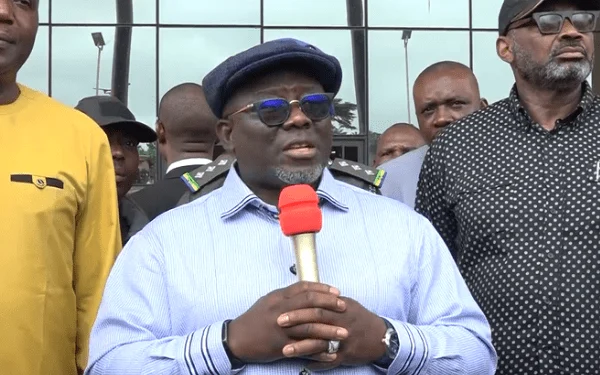The World Health Organisation (WHO) has called on Nigeria to deepen the use of research and evidence in shaping health financing policies that can fast-track progress toward Universal Health Coverage (UHC).
Dr. Robert Marten of the Alliance for Health Policy and Systems Research made the call on Tuesday in Abuja during the National Health Financing Dialogue themed “Reimagining the Future of Health Financing in Nigeria.”
Presenting a paper on global experiences in evidence-based policymaking, Marten stressed that Nigeria must reframe health financing as an investment, mobilise more domestic resources, and build reforms around credible local institutions.
He noted that Nigeria’s challenges in health financing were unique and required tailored solutions. Among them were the need to raise primary healthcare spending from $7 to $30 per person, and to boost government health allocations from 8% to 15% of national expenditure.
Marten also emphasised reducing out-of-pocket spending by expanding enrollment in the National Health Insurance Authority, while warning that effective reforms must account for political realities.
“This is a moment in time for Nigeria to step up. Global health financing commitments are shrinking, but Nigeria has world-class expertise and leadership. Building a learning ecosystem that embeds research in policy is key to moving forward,” he said.
Citing lessons from countries like India, Rwanda, Mexico, Ghana, and Taiwan, Marten urged Nigeria to strengthen local research capacity, foster trust between government and academia, and translate commitments into measurable results.
The four-day dialogue, which began Monday, brings together policymakers, private sector players, academia, civil society, and development partners to chart new pathways for sustainable health financing in Nigeria.




